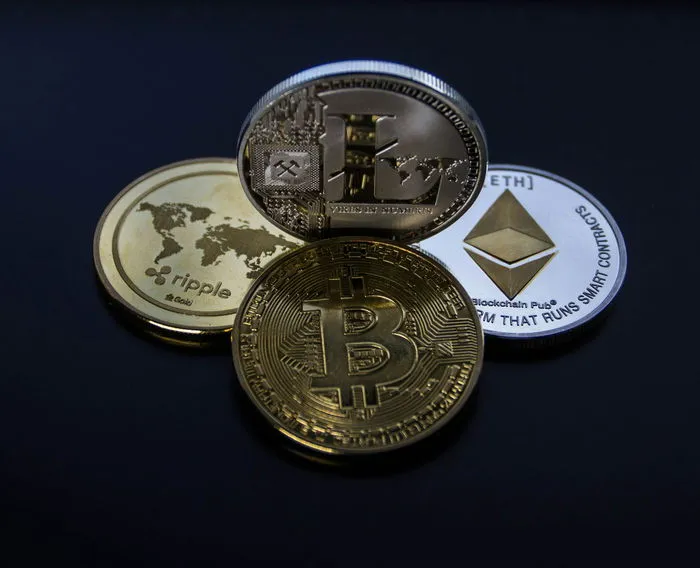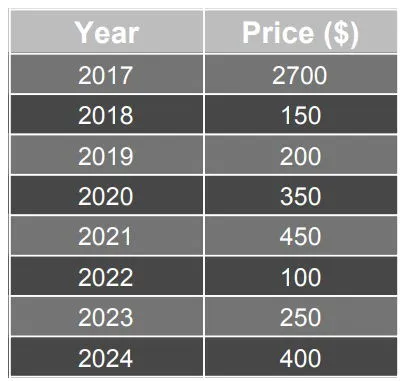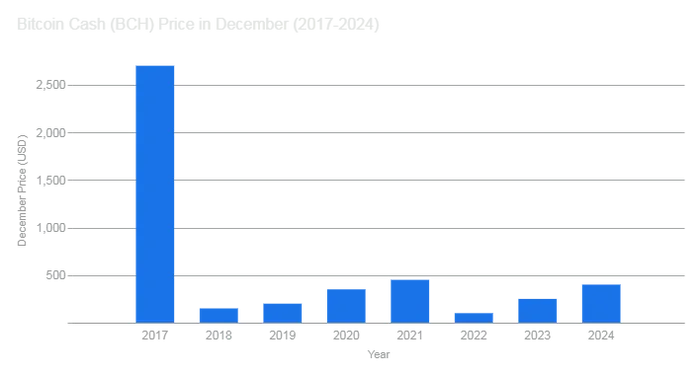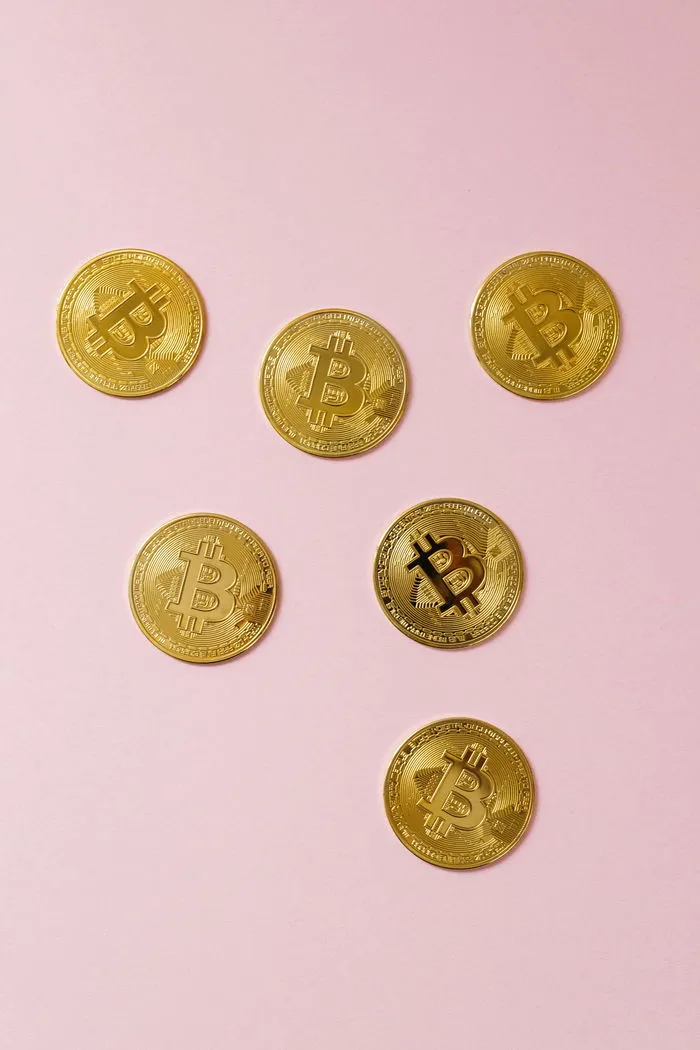
Hello, today I want to share with you some basic yet very useful information about Bitcoin Cash including some basic terms related to it. I will begin explaining some of the terms related to Bitcoin Cash:
What is Bitcoin? Imagine Bitcoin as a digital ledger, like a giant, public accounting book that records every single transaction. This book is made up of "pages," which in crypto are called blocks. Bitcoin was designed with small blocks, which can lead to slow and expensive transactions when lots of people are trying to use it at once.
What is a Cryptocurrency? Think of it as digital money that uses complex math (cryptography) to keep it secure. Unlike traditional money controlled by banks or governments, cryptocurrencies are typically decentralized. Bitcoin and Bitcoin Cash are both cryptocurrencies.
What is a Blockchain? A blockchain is the technology underpinning cryptocurrencies. Imagine a digital chain where each "link" is a block (a page of transactions). Once a block is added to the chain, it's virtually impossible to change or remove it without everyone else on the network knowing. This creates a highly secure and transparent record of all transactions.
What is a Block? A block is like a "page" in the digital transaction ledger. It contains a list of verified transactions. Once a block is "full" (meaning it has reached its maximum transaction capacity), it's added to the blockchain, and a new empty block is created to start collecting new transactions.
What is a Fork? Imagine a road that suddenly splits into two separate roads. A "fork" in cryptocurrency happens when there's a significant change to the rules of the blockchain. Bitcoin Cash was created via a hard fork of the Bitcoin blockchain network. This means the new rules (bigger blocks) were not compatible with the old rules. So, the original Bitcoin blockchain continued on one path, and a new, separate Bitcoin Cash blockchain began on another path, effectively creating two distinct cryptocurrencies (Bitcoin and Bitcoin Cash).
What is a Decentralized Network? Instead of a single company or government controlling the network (like a bank controls your money), a decentralized network is spread out among many computers (called "nodes") all over the world. No single entity has complete control.
What is a mining? Mining is how new transactions are added to the blockchain and how new cryptocurrency coins are created. In Bitcoin and Bitcoin Cash, it involves powerful computers competing to solve complex mathematical puzzles. The first miner to solve the puzzle gets to add the next block of transactions to the blockchain and is rewarded with newly created coins and transaction fees.
What is a Proof-of-work? It is the "puzzle-solving" mechanism used in mining. To add a new block to the blockchain, miners must prove they've done a significant amount of computational "work" by solving a difficult puzzle. This "work" is what secures the network and prevents fraudulent transactions. It's difficult to do the work, but easy for others to verify the solution.
What is a Transaction Fee? When you send cryptocurrency, you typically pay a small fee. This fee goes to the miners as an incentive for them to include your transaction in the next block. When a network is busy, transaction fees can go up because more people are competing to have their transactions processed quickly. Bitcoin Cash aimed to reduce these fees by having larger blocks, meaning more space for transactions.
What is Bitcoin Cash? Bitcoin cash is basically a version of Bitcoin that decided to make those "pages" (blocks) much bigger. The idea was to allow more transactions to fit into each block, which would make transactions faster and cheaper, aiming to fulfill the original vision of Bitcoin as "electronic cash" for everyday use.
3 Pros of Bitcoin Cash (BCH)
- Low transaction fees: This is the big one. Imagine paying just a tiny fraction of a cent to send money anywhere in the world. Because Bitcoin Cash allows for much bigger "pages" of transactions (blocks), there's plenty of room, so the cost to get your transaction included is very low. This makes it ideal for small, everyday payments.
- Fast transaction confirmations: When you send money with Bitcoin Cash, it's generally confirmed much quicker than with Bitcoin, especially when the network is busy. This is because more transactions can fit into each block, so your payment doesn't have to wait as long for a space. Think of it like a never-ending express lane on the digital highway.
- Built for everyday payments (digital cash): The core philosophy behind Bitcoin Cash is to be a practical, usable digital currency for buying groceries, paying for services, or sending money to friends. It focuses on being a true "peer-to-peer electronic cash system," fulfilling what its supporters see as Bitcoin's original goal.
3 Cons of Bitcoin Cash (BCH)
- Lower adoption and less recognition: despite its advantages, Bitcoin Cash hasn't achieved the same level of global acceptance or brand recognition as Bitcoin. Fewer online stores and physical businesses accept BCH directly, and it's not as widely known or understood by the general public.
- Price volatility: like most cryptocurrencies, the value of Bitcoin Cash can go up and down dramatically and quickly. This makes it less stable as a currency for saving or pricing goods, as its value today might be very different tomorrow.
- Less developer activity & innovation: compared to Bitcoin and some other major cryptocurrencies, Bitcoin Cash has seen less active development and introduction of new features. This can mean slower progress in adding new capabilities or adapting to changing needs, potentially making it less appealing for new projects or applications to build on it.
You can appreciate the Bitcoin Cash fluctuations here:

Bitcoin Cash price December (2017-2024)

Bitcoin Cash price December (2017-2024)
In conclusion, Bitcoin Cash emerged from Bitcoin through a "hard fork" to create a "decentralized network" with larger "blocks" for faster and cheaper "transactions." This is achieved through "mining" using a "Proof-of-Work" system, with "transaction fees" acting as incentives for miners.

All images are provided by: Pexels website.